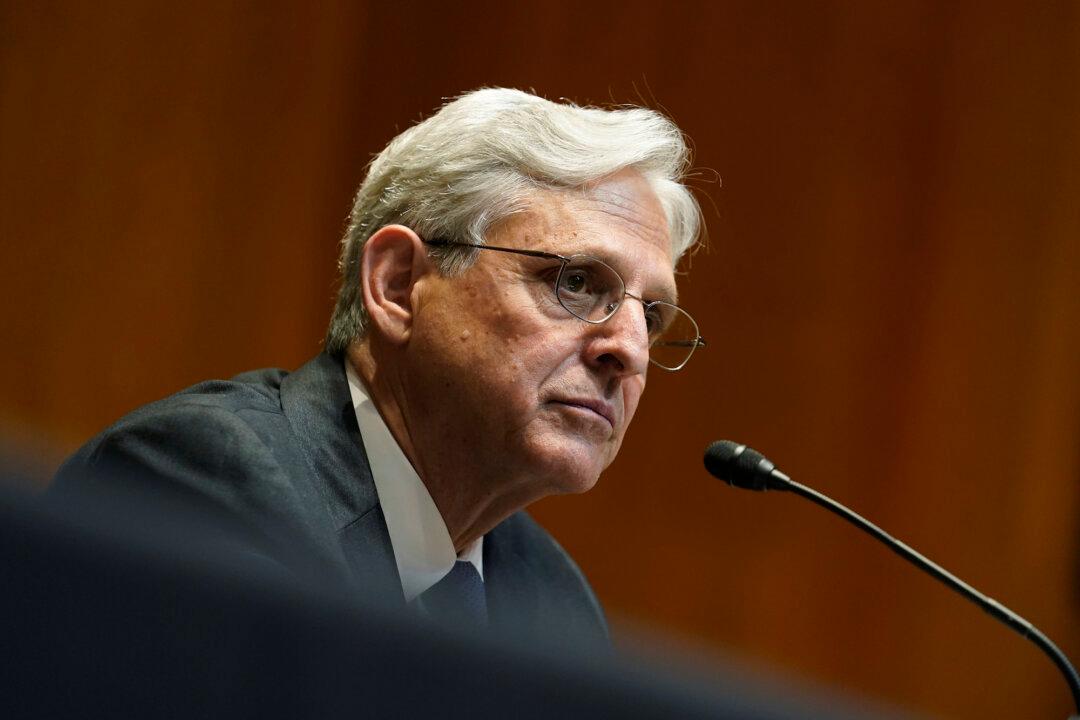Attorney General Merrick Garland released a policy memo on July 21 reasserting the Department of Justice’s (DOJ) independence from the White House.
The five-page memo (pdf) sets the DOJ’s policy for all communications with the White House and is meant to boost the public’s trust in the nation’s top law enforcement agency.





